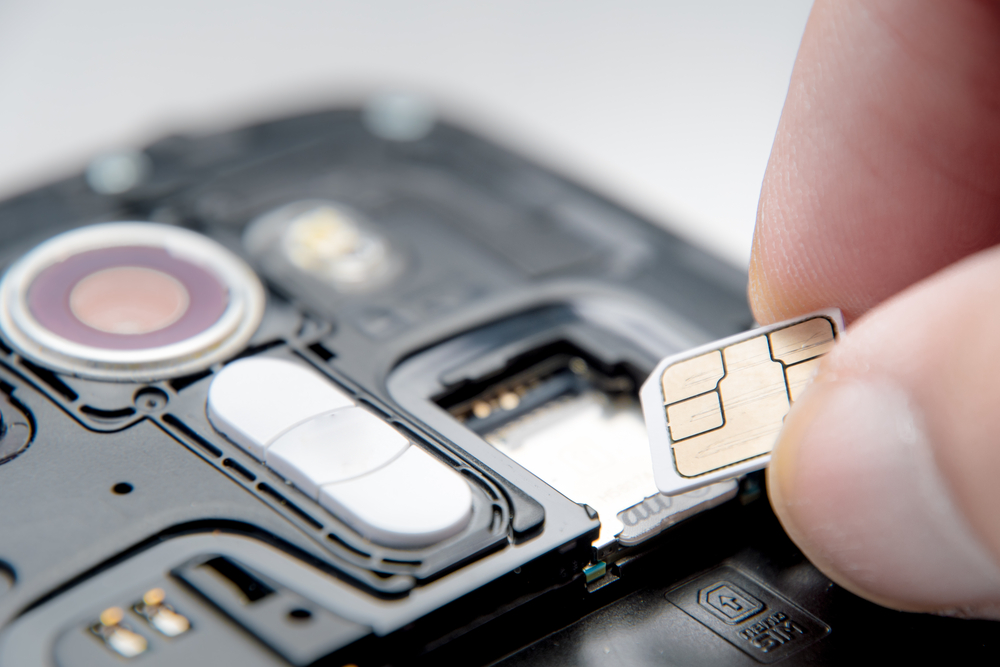A gang of Call of Duty players is suspected of masterminding a plan to steal more than $3 million in cryptocurrency. Citing unsealed court documents, the Chicago Sun-Times reports that the group — which includes a Dolton, IL man and a man from Bloomington, IL — is alleged to have hacked into cryptocurrency wallets after gaining access to the victims’ phones.
‘Forced to Cooperate’
According to an application for a warrant to search the Dolton man’s home, the Bloomington man informed the FBI that he met members of the group online while playing warfare simulation video game Call of Duty. He claimed that they forced him to partake by “SWATing” him– a slang that means raising a false alarm about a crime purportedly happening at a given address to trigger a response from law enforcement. He added that members of the group gave him details of victims to enable him to take over more than a hundred phones with the ultimate aim of stealing funds from the victims’ crypto wallets.
The practice, known as “SIM hijacking” is becoming increasingly widespread as it is relatively low-tech with potentially high rewards if the stolen phone numbers are linked to crypto wallets. CCN recently reported that Bitcoin investor Michael Terpin sued AT&T for $224 million after losing $24 million worth of cryptocurrency to so-called SIM hijackers who managed to transfer his telephone number and subsequently reset the password to his crypto wallet.
The FBI affidavit shows that San Francisco-based Augur reported on December 12, 2016, that their investors and employees were being targeted by cryptocurrency thieves. Augur’s protocol runs an online betting platform where a wide range of betting options exist using cryptocurrency.
FBI Gets Involved

Names of the suspects listed in the affidavit have not been mentioned and they have not been charged with any crimes yet. According to the FBI, the gang is suspected of stealing at least $3.3 million in various cryptocurrencies including about $805,000 worth of REP tokens by moving stolen tokens through cryptocurrency exchanges and mixers before sending them to their own wallets in the form of ether and bitcoin.
Court records show that FBI agents were at the Dolton man’s home on August 1, seizing phones and computers. They interviewed the Bloomington suspect in March 2017. The affidavit contains transcripts of messages exchanged online between suspected ring members.
The unnamed Bloomington man has told the Chicago Sun-Times in an online interview that he considers himself a victim in the matter. He claims to have never profited from crypto-hacking, stating that he has always cooperated with Augur and the FBI, and that the number of phones he helped to hack was substantially less than 100.
Images from Shutterstock
Follow us on Telegram or subscribe to our newsletter here.








